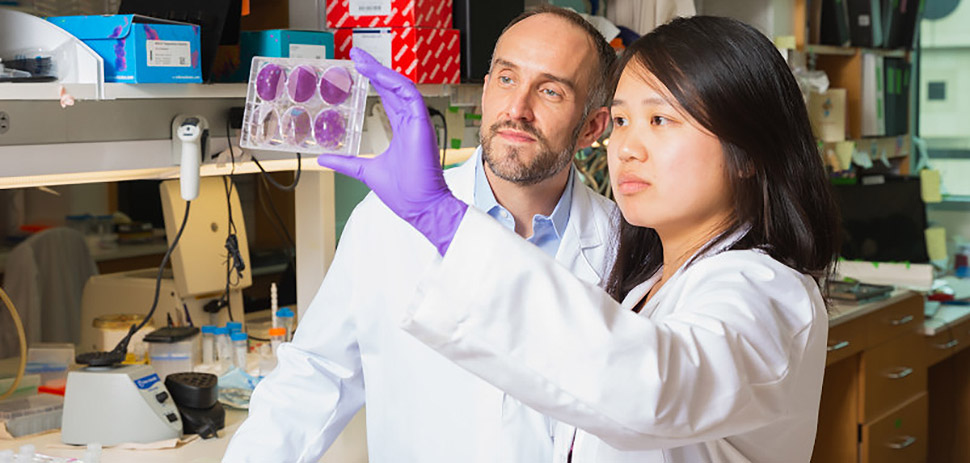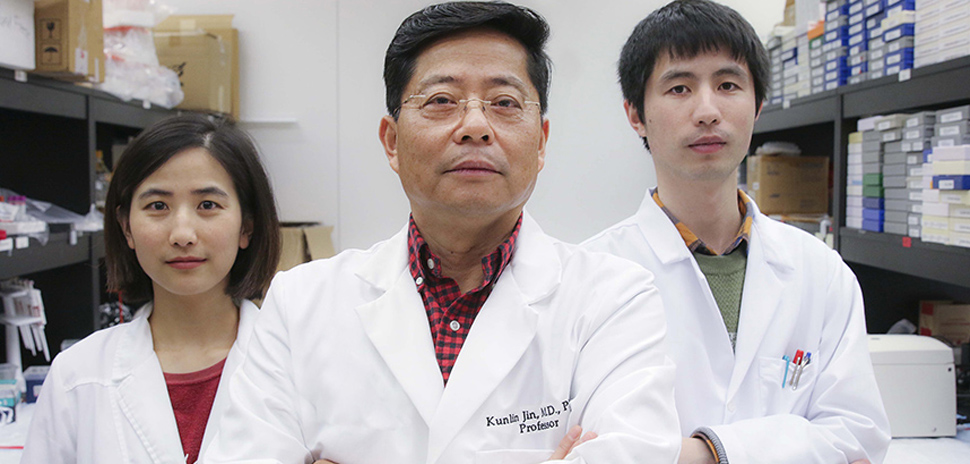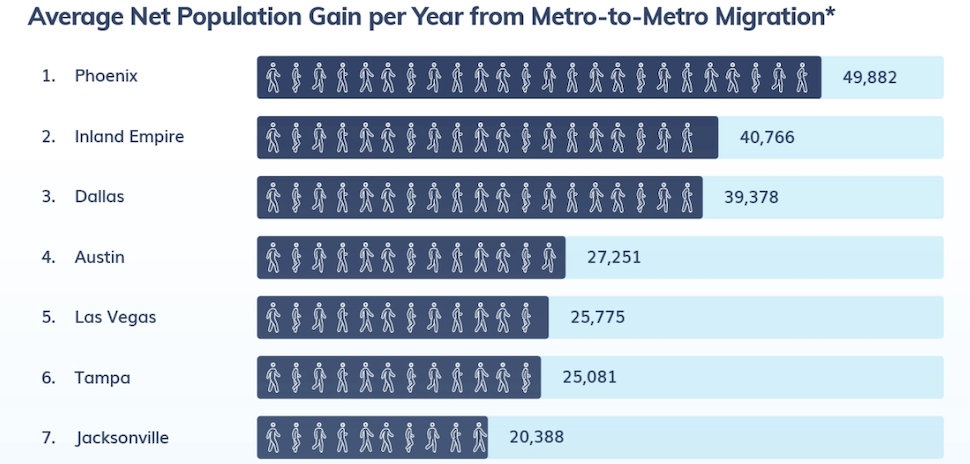While most of North America is practicing “social distancing,” researchers worldwide are collaborating to tackle the growing spread of the deadly coronavirus COVID-19.
As of Monday morning, more than 4,000 people had been infected with the virus in the United States, including 65 deaths, according to CNN. The Star-Telegram reported that three more people have been confirmed as presumptive positive in Dallas County, bringing the total to 14. Collin County has reported eight cases and Denton County one.
And North Texas is doing its part. Local researchers are taking various biomedical approaches, but all have one goal in mind: saving lives.
At the University of North Texas Health Science Center (HSC) in Fort Worth, for example, Kunlin Jin, Ph.D. and a team of international researchers teamed up following the initial news of the outbreak in Wuhan, China. And in Dallas at UT Southwestern Medical Center, researchers helped identify a human protein they said inhibits coronavirus.
“A lot of people are trying find the answers,” Jin said. He spends most of his time working with graduate students on stem cell therapies to fight strokes at the HSC Institute for Healthy Aging, which helps with the new research.
READ NEXT Fort Worth Biotech Exact Diagnostics Offers Research Lab Standard for Coronavirus Testing
Jin and his colleagues used the latest techniques to determine whether stem cells can be used to boost a person’s immune system and ward off COVID-19 pneumonia. He said the early findings are promising.
“Our study showed that intravenous infusion of clinical-grade human mesenchymal stem cells is a safe and efficient approach for treating patients with COVID-19 pneumonia, including in elderly patients displaying severe pneumonia,” Jin said. International efforts to test the treatment will continue as a long-term study with more patients in China.
In the research, stem cells were injected intravenously into the bloodstream of seven patients at YouAn Hospital in Beijing who were severely ill, with three patients being injected with a placebo. Testing began on Jan. 30, with Jin using the messaging app WeChat to communicate because of the distance between his laboratory in Fort Worth and experts in China.
According to HSC, the seven patients who got stem cells recovered and were discharged from the hospital within 14 days. But, of the patients who were injected with the placebo, one died, one became severe, and the third had Acute Respiratory Distress Syndrome (ARDS).
For use in the United States, the stem cell treatment would have to have clinical trials in this country and receive approval from the U.S. Food and Drug Administration.
UTSW finds protein inhibits coronavirus infection
As we earlier reported, researchers at UT Southwestern said in a report that they determined the protein LY6E impairs the ability of several coronaviruses to initiate infection, including the one that is causing the COVID-19 pandemic.
“Remarkably, this potent inhibitory effect carried over to all the coronaviruses we tested, including those responsible for the severe acute respiratory syndrome coronavirus (SARS-CoV) outbreak in 2003, the Middle East respiratory syndrome (MERS) coronavirus in 2012, and the recently emerged causative agent of COVID-19, known as SARS-CoV-2,” John Schoggins, an associate professor of microbiology at UT Southwestern Medical Center and one of three corresponding authors on the report, said.

UT Southwestern’s Dr. John Schoggins and Dr. Katrina Mar used a mouse model for the coronavirus research. [Photo: Courtesy UT Southwestern]
Schoggins’ involvement in the research dates back years to when he was a postdoctoral researcher at The Rockefeller University screening for antiviral genes. Unexpectedly, researchers there found that the LY6E gene enhanced the infectivity of the virus that causes flu.
Schoggins said he continued the research on how LY6E enhanced flu infection after becoming a faculty member at UT Southwestern. That project currently is being led by Katrina Mar, a postdoctoral researcher in his laboratory.
![]()
Get on the list.
Dallas Innovates, every day.
Sign up to keep your eye on what’s new and next in Dallas-Fort Worth, every day.





























